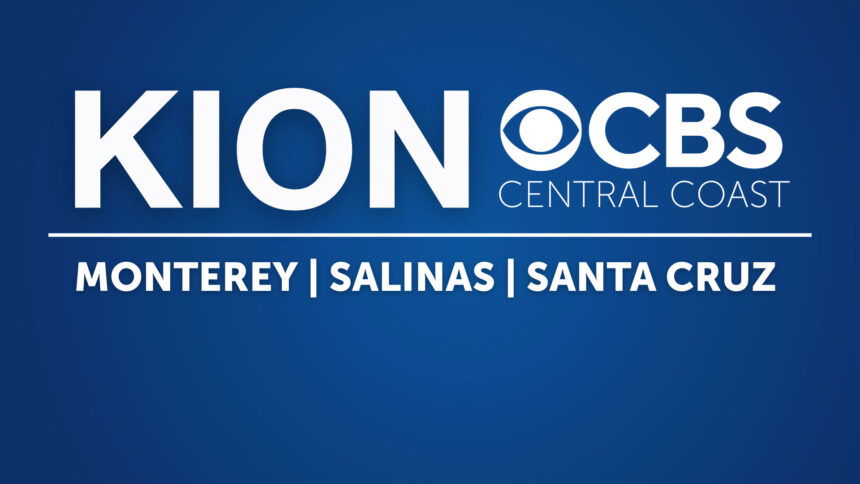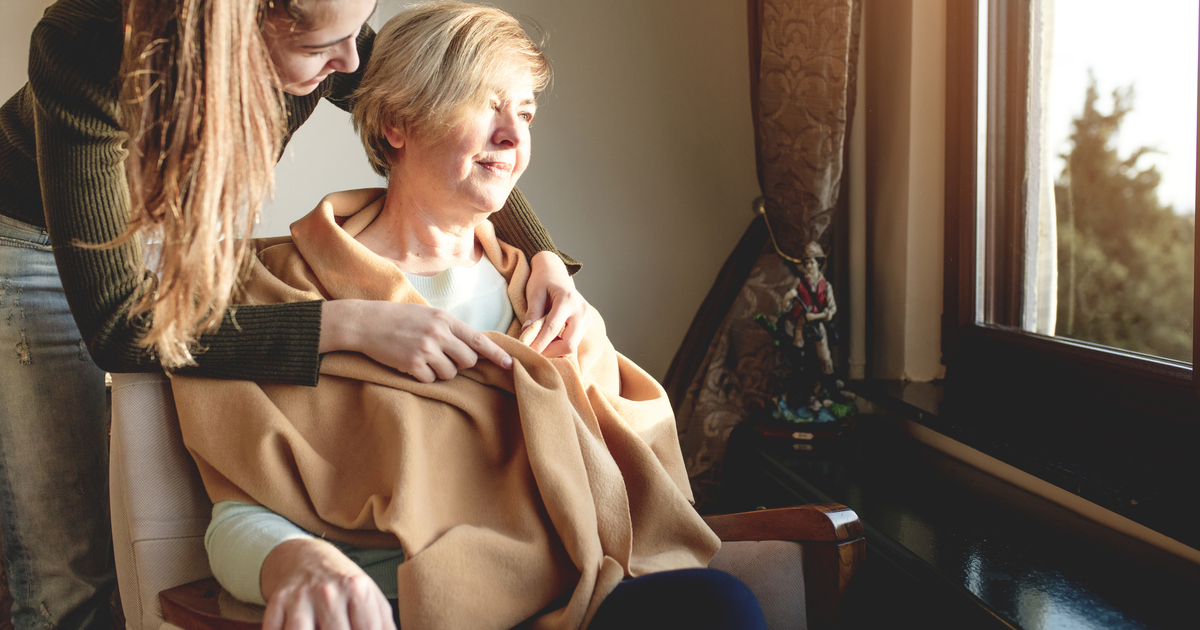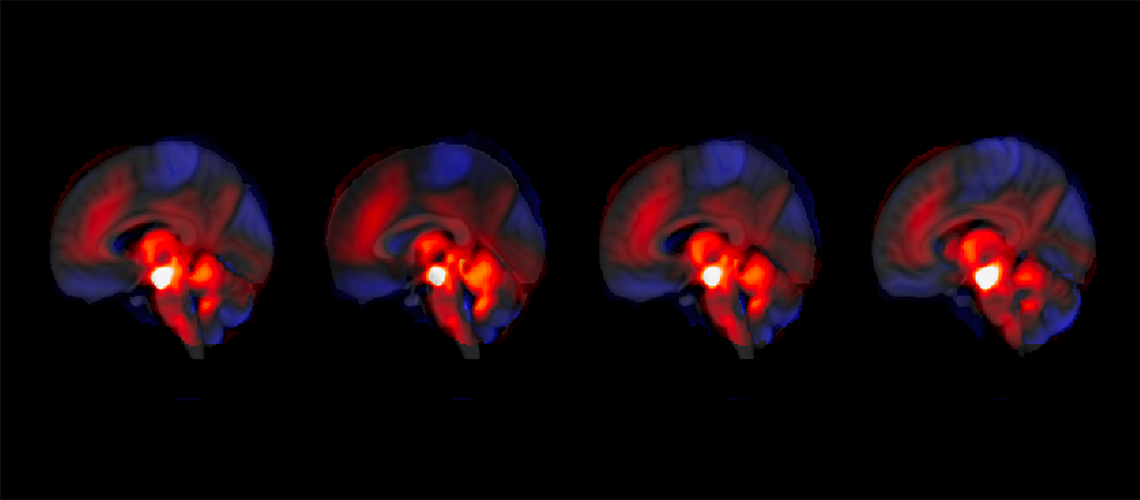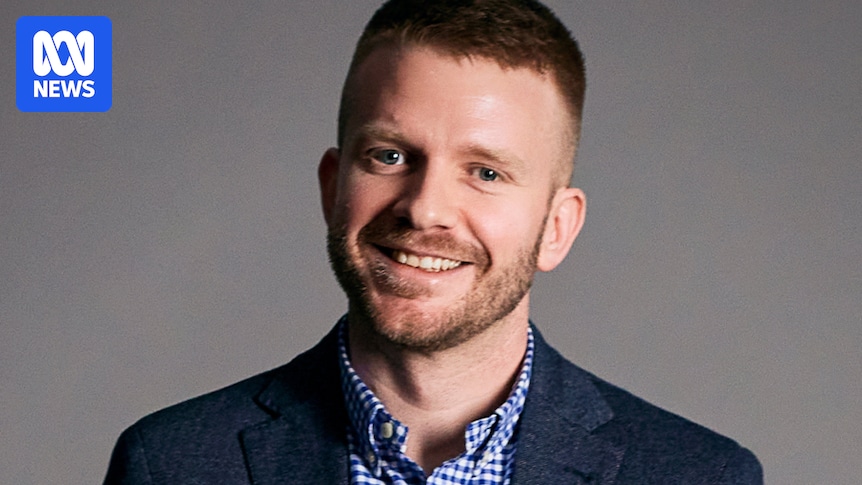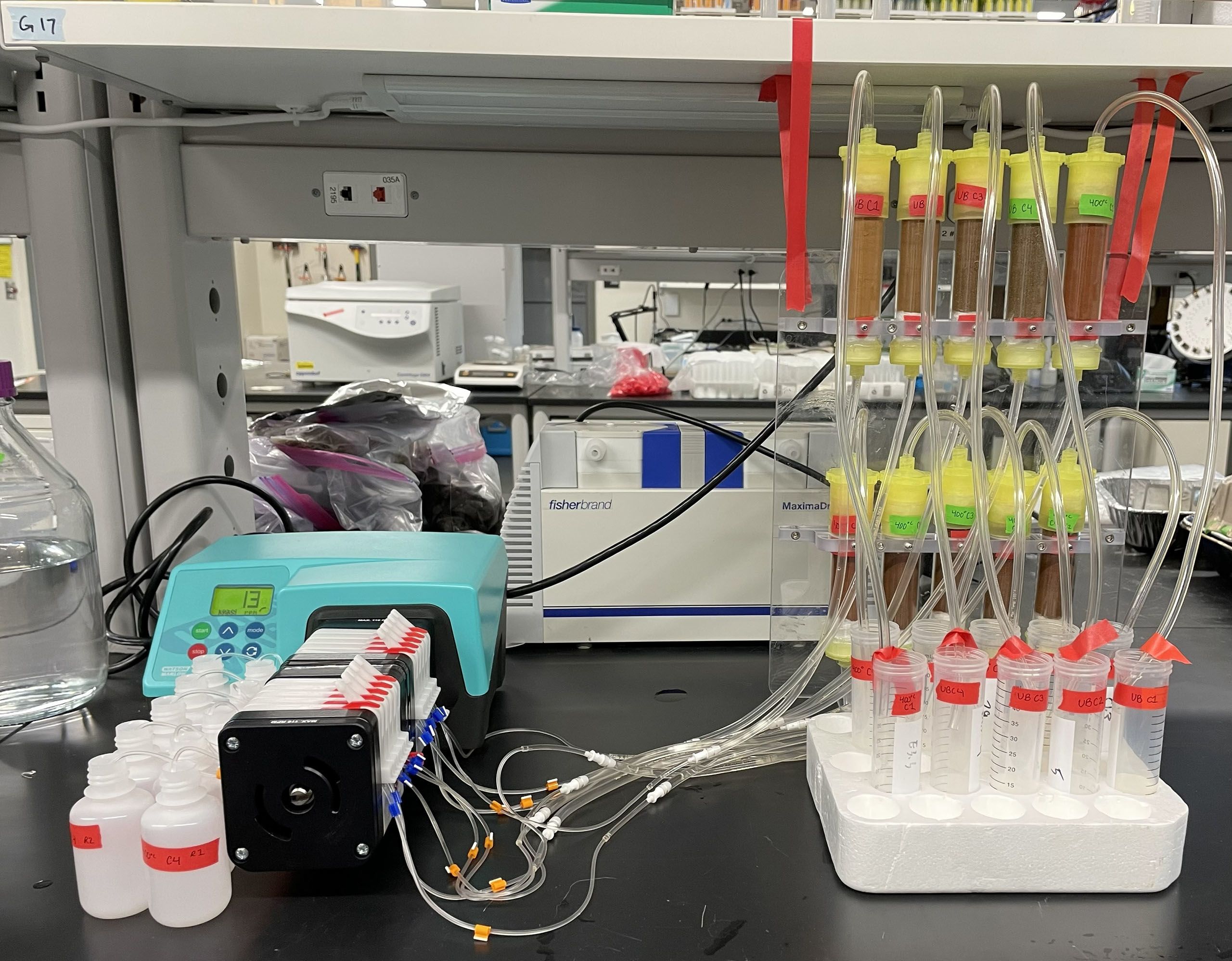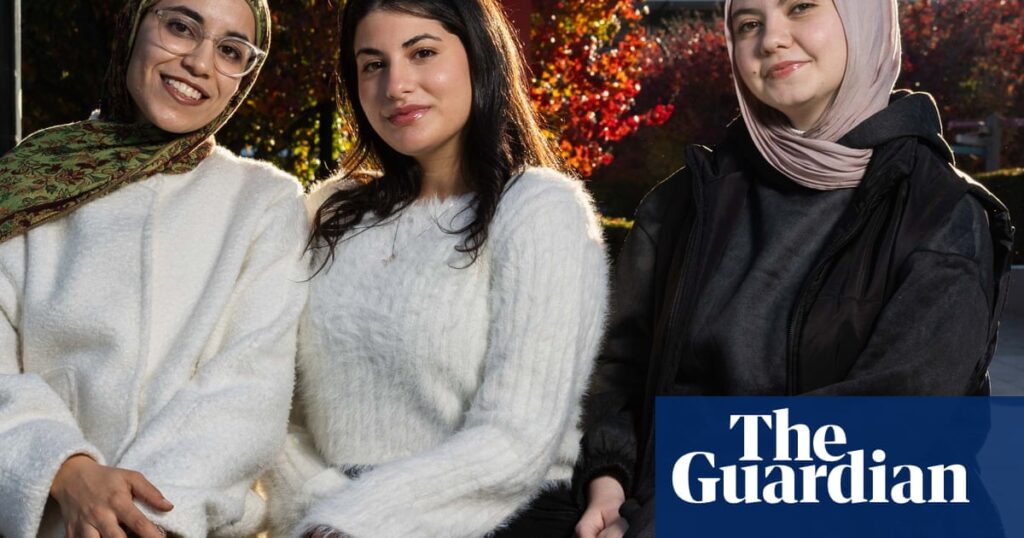
Weeks after the tumultuous events of October 7, 2023, Hala Alsammak stood amidst the ruins of what was once Al-Azhar University in Gaza. This institution, where she had begun her academic journey after graduating from the Holy Family School in 2022, had been reduced to rubble. The aftermath of the Hamas attack on Israel and the subsequent Israeli invasion of Gaza left the university, like much of the region, devastated.
Alsammak’s father, a long-time biology teacher at the Holy Family School, witnessed the school transform into a refuge for displaced individuals. However, in July of the previous year, the school was bombed, resulting in the tragic loss of four lives. “When the war came, everything stopped,” Alsammak reflects, noting that previous conflicts had spared educational institutions, which were considered part of the “green area.”
Two years later, Alsammak finds herself in Sydney, reconnecting with former high school classmates at Western Sydney University (WSU). The university established a program to support individuals fleeing conflicts in regions like Palestine, Lebanon, and Ukraine. This initiative has provided a lifeline for Alsammak and her friends, Tala Hakoura and Hala Idrees, who are among 35 Palestinian refugees participating in the program.
Pathways to Education Amidst Conflict
Western Sydney University’s program offers a direct pathway to undergraduate degrees, a crucial opportunity for students like Alsammak, who had faced numerous rejections from other institutions. “The call to WSU was my ‘last chance’,” she admits. The program’s significance is underscored by the broader context of educational devastation in Gaza, where the UN Independent International Commission of Inquiry reported that over 90% of school and university buildings have been destroyed, affecting more than 658,000 children.
For Idrees, the journey to Australia was particularly challenging. Her year 12 studies were abruptly halted by the war, forcing her to complete her education online from the West Bank. “I was the only one studying, completely alone,” she recalls. Her arrival in Australia six months ago and subsequent referral to the WSU program marked a turning point.
Resilience and Hope in a New Land
Hakoura’s story echoes similar struggles. Having been in Australia for a year without her mother and sister, who remain in Gaza, she grapples with the emotional toll of separation and the challenge of resuming her studies. “Even now, I find it hard to study for an hour,” she confesses, yet she remains determined to excel and make her family proud.
WSU’s Vice-Chancellor, Prof. George Williams, acknowledges the profound impact of the Gaza conflict on students. “There have been very high levels of distress, many have lost family members and loved ones,” he states. The university’s response, driven by a commitment to provide hope and education, reflects its broader mission to address social inequities.
WSU educates students from 170 different ethnic groups, with two-thirds being the first in their families to attend university.
On a global scale, WSU’s efforts have not gone unnoticed. The university recently ranked first in the world in the Times Higher Education community impact rankings, a testament to its dedication to social and global impact.
Looking Ahead: Aspirations and Dreams
As Alsammak and her peers prepare to complete their English course and embark on undergraduate studies, their aspirations reflect a blend of personal ambition and a desire to give back. Idrees aims to study medical science, hoping to become a doctor, while Hakoura is considering business or occupational therapy. Alsammak, inspired by her work with children affected by conflict, is drawn to music therapy or psychology.
“For me, I always come back and tell myself, Hala, if anyone came to you [before the war] and said ‘you will be in Australia in two years’ I wouldn’t believe that,” Alsammak muses. Her journey, like those of her classmates, underscores the resilience of individuals seeking education and a new beginning amidst the chaos of global conflicts.
